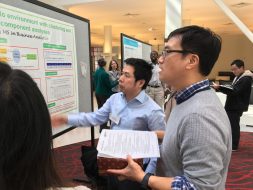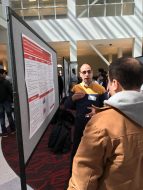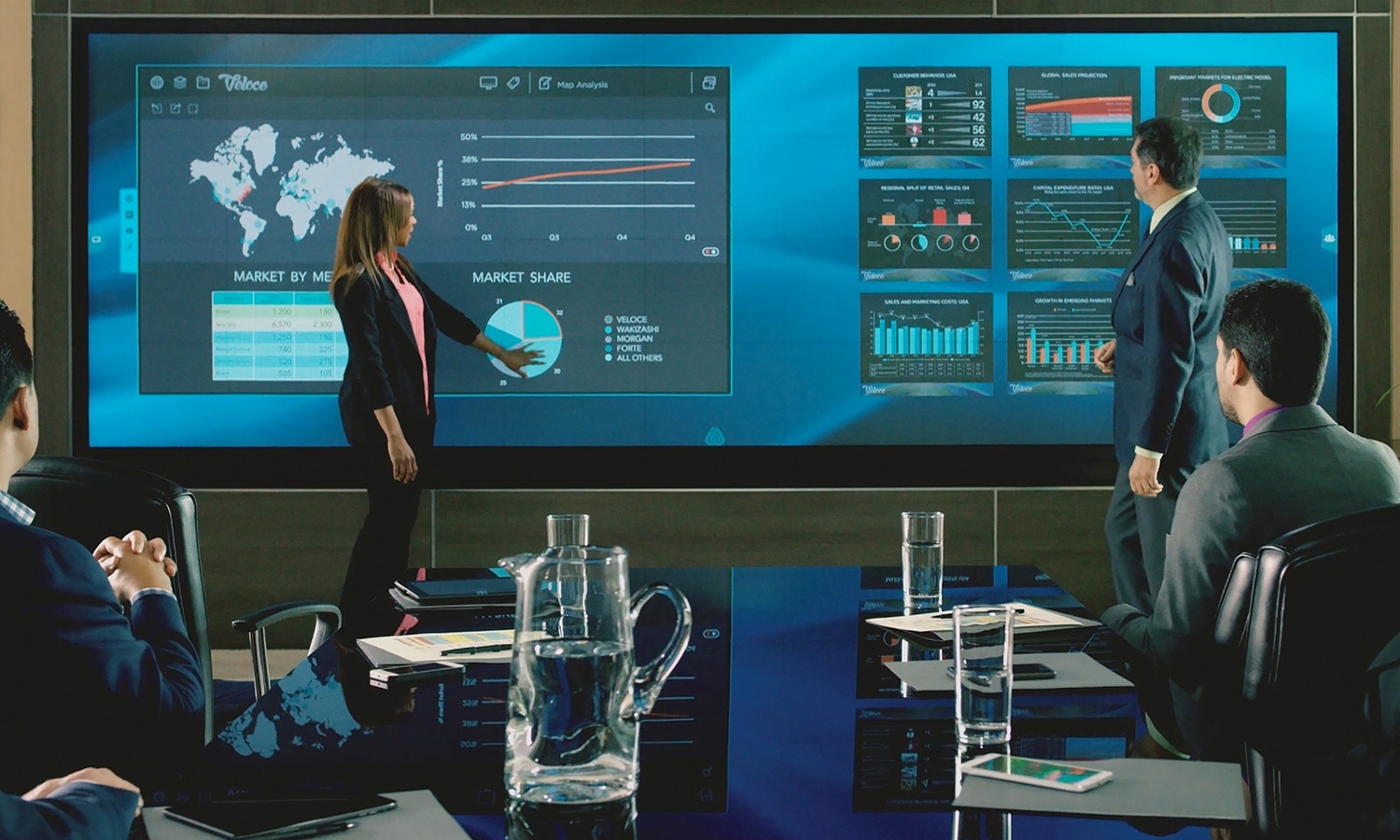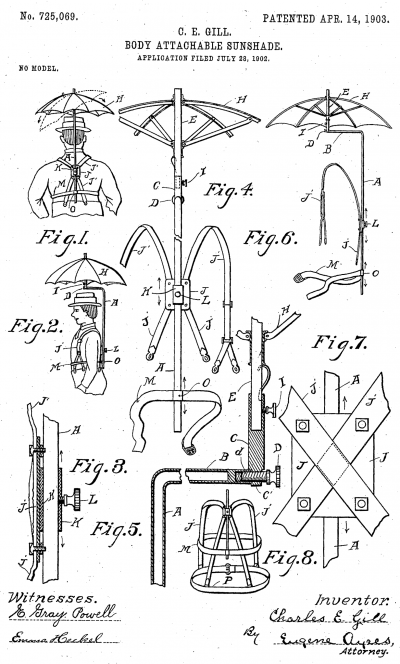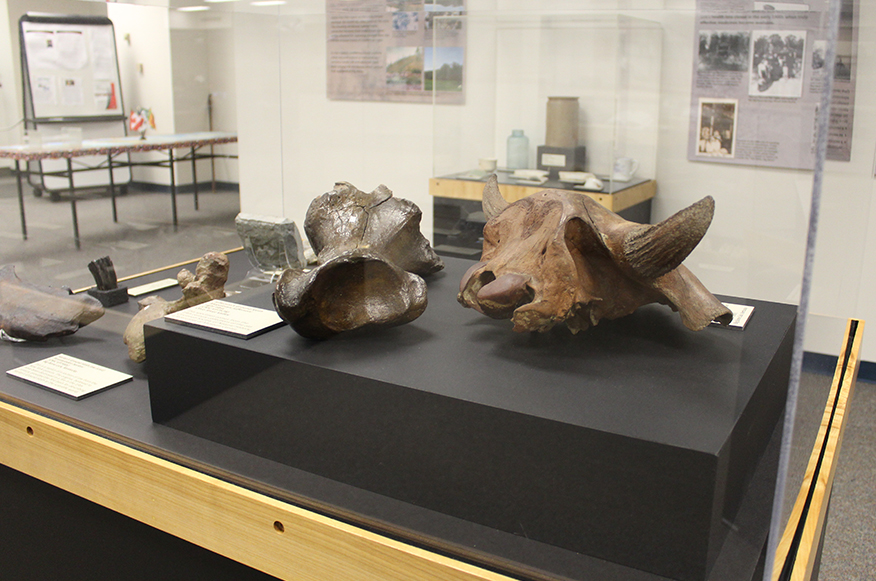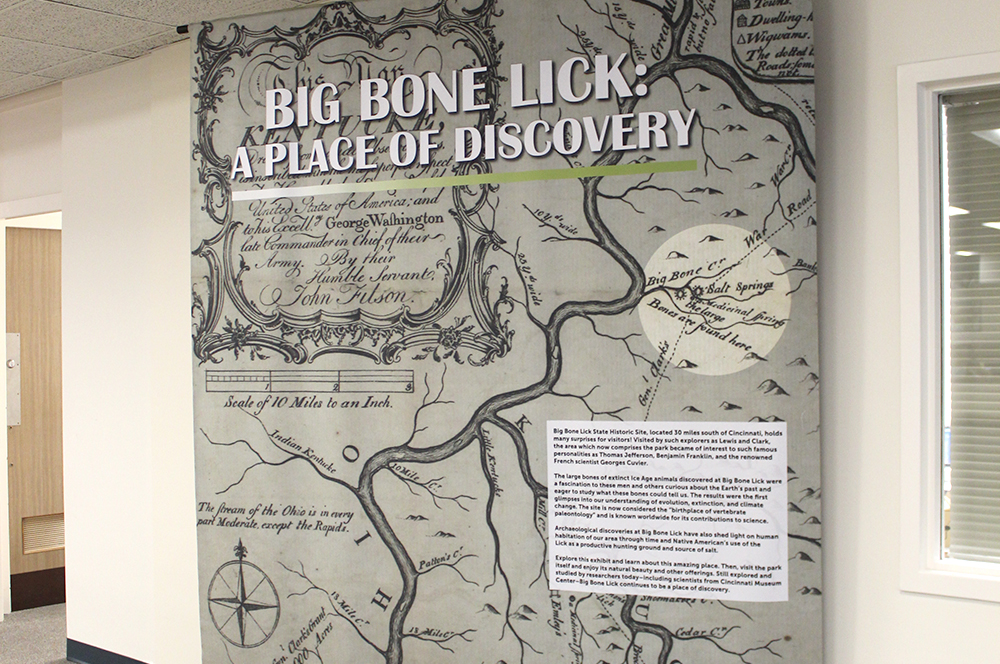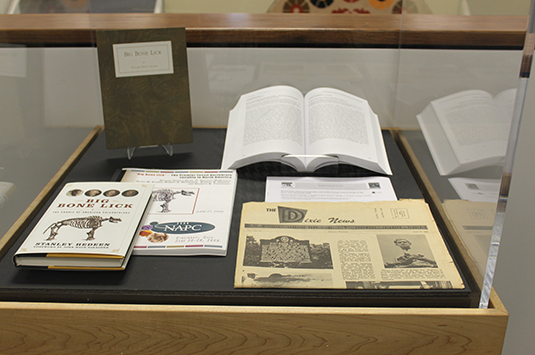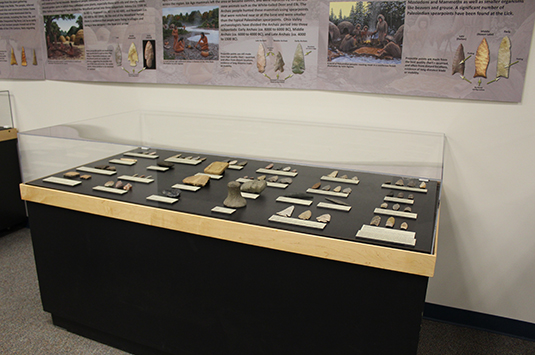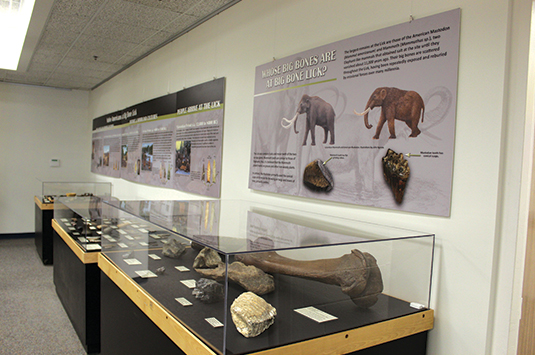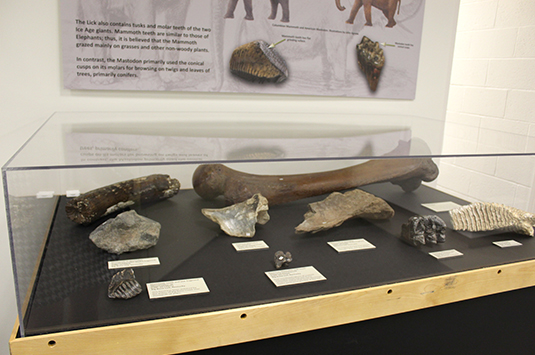Today’s LYD post is by Don P. Jason III, MLIS, MS, Clinical Informationist based at the Donald C. Harrison Health Sciences Library.
Welcome to Day 4 of “Love Your Data Week!” Whether you’re a student analyzing a data set for a school project or a researcher combining data sets to create new insights, finding the right data is essential! This blog post will list a few places you can look to find free, authoritative and unique data sets. The data sets have be broken down into three categories: US Government Data Sets, International Data Sets and Google Data Sets.
US Government Data Sets
Data.gov http://data.gov – This web site has an eclectic mix of datasets from criminal justice to climate data. This government site encourages people to use the data to create web and mobile applications and design data visualizations.
US Census Bureau http://www.census.gov/data.html – This web site provides data on the US population and economy. Utilizing this site’s data has never been easier thanks to new: API’s, data visualizations, mobile apps and interactive web apps.
Healthdata.gov https://www.healthdata.gov/ – This web site includes US healthcare data. The site is dedicated to making high value health data more accessible to entrepreneurs, researchers and policy makers.
National Climatic Data Center http://www.ncdc.noaa.gov/data-access/quick-links#loc-clim – This is the world’s largest archive of weather data. It has a robust collection of environmental, meteorological and climate data sets from the US National Climatic Data Center.
Continue reading →

